Partners
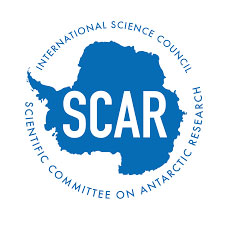 The Scientific Committee on Antarctic Research (SCAR)
The Scientific Committee on Antarctic Research (SCAR)
SCAR is a thematic organisation of the International Science Council (ISC), and was created in 1958. SCAR is charged with initiating, developing and coordinating high quality international scientific research in the Antarctic region (including the Southern Ocean), and on the role of the Antarctic region in the Earth system. SCAR provides objective and independent scientific advice to the Antarctic Treaty Consultative Meetings and other organizations such as the UNFCCC and IPCC on issues of science and conservation affecting the management of Antarctica and the Southern Ocean and on the role of the Antarctic region in the Earth system.
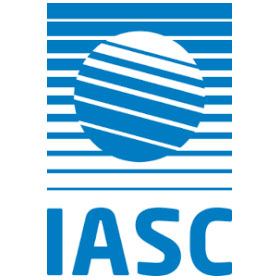
The International Arctic Science Committee (IASC)
IASC is a non-governmental, international scientific organization. IASC is committed to a mission of encouraging and facilitating cooperation in all aspects of Arctic research, in all countries engaged in Arctic research and in all areas of the Arctic region. Overall, IASC promotes and supports leading-edge interdisciplinary research in order to foster a greater scientific understanding of the Arctic region and its role in the Earth system. Rather than defining human and environmental boundaries, IASC tries to bridge those boundaries. IASC is also committed to recognizing that Traditional Knowledge, Indigenous Knowledge, and “Western” scientific knowledge are coequal and complementary knowledge systems, all of which can and should inform the work of IASC.
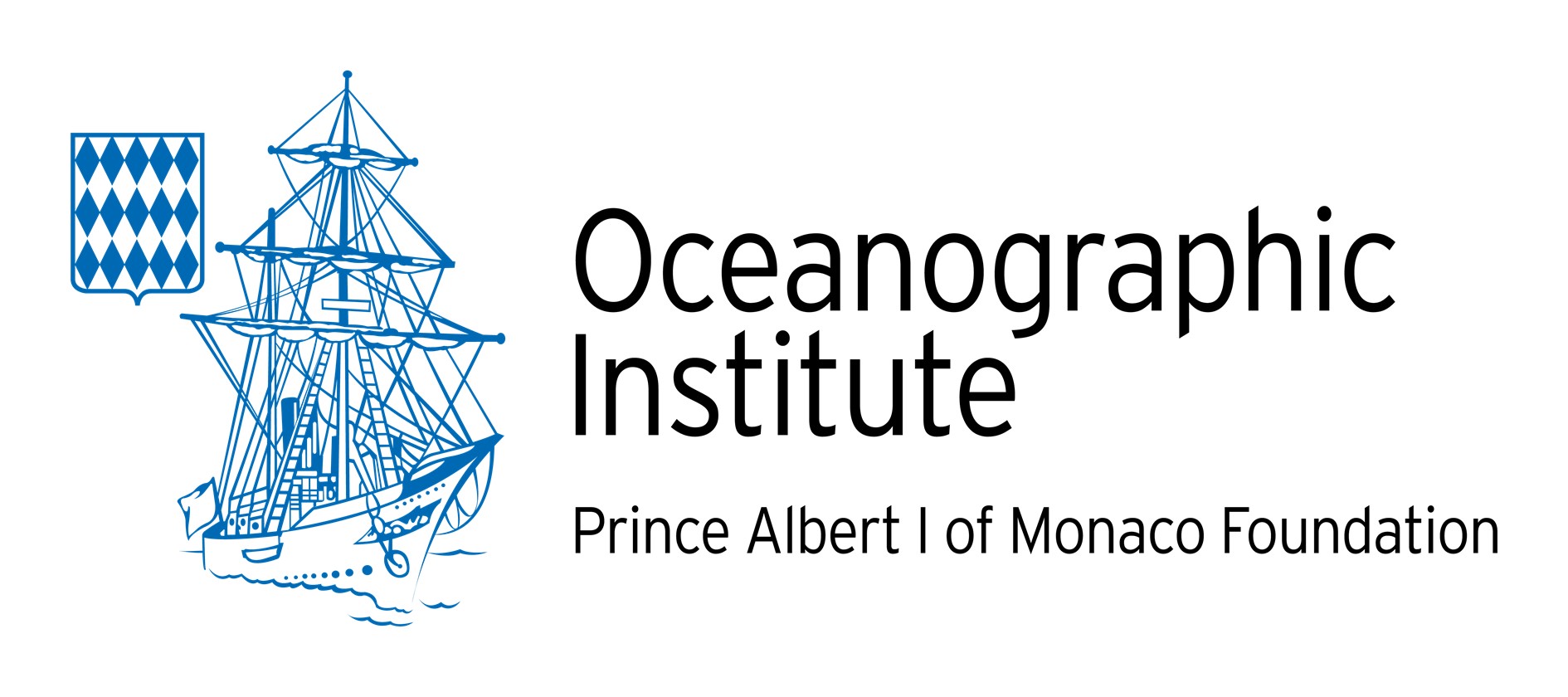
Oceanographic Institute, Prince Albert I of Monaco
The Institute of Oceanography is a foundation recognised as being of public utility, created in 1906 by Prince Albert I of Monaco. Under the impetus of its Honorary President, H.S.H. Prince Albert II of Monaco, it contributes to the Principality's commitment to the ocean, alongside the Prince's Government, the Prince Albert II of Monaco Foundation, the Monaco Scientific Centre and the Monaco Yacht Club. The Institute is involved in numerous projects on the national and international scenes (symposia, exhibitions, educational programmes, etc.) and is pursuing an important mission of environmental mediation. To this end, it relies on its two establishments - the Oceanographic Museum of Monaco and the Maison des océans in Paris - as well as on its digital tools and its actions outside the walls to disseminate the science of oceanography to the greatest number of people, combining it with art, the living world and collective and individual commitment.
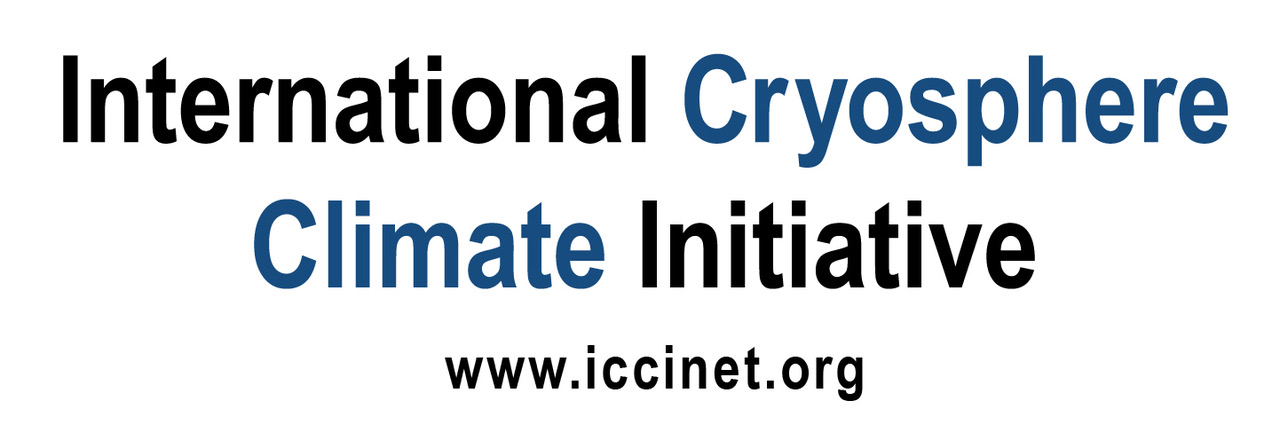
International Cryosphere Climate Initiative (ICCI)
ICCI is a network of senior policy experts and researchers working with governments and organizations to create, shape and implement initiatives designed to preserve as much of the Earth’s cryosphere as possible. ICCI programs target the unique climate dynamics at work in the cryosphere, while at the same time lending increased urgency to global climate efforts aimed at CO2 and other greenhouse gases by communicating the unexpected rapidity and global implications of cryosphere warming.

The Association of Polar Early Career Scientists (APECS)
The Association of Polar Early Career Scientists (APECS) is an international and interdisciplinary organization for undergraduate and graduate students, postdoctoral researchers, early career faculty members, early career professionals, educators and others with interests in Polar and Alpine regions and the wider cryosphere.
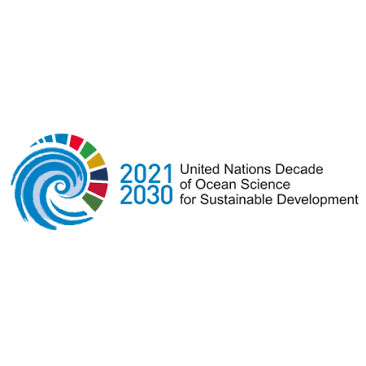 United Nations Decade of Ocean Science for Sustainable Development (2020 - 2030)
United Nations Decade of Ocean Science for Sustainable Development (2020 - 2030)
The vision of the United Decade is the "science we need for the ocean we want". The Ocean Decade is a convening framework for diverse stakeholders to co-design and co-deliver solution-oriented research needed for a well-functioning ocean in support of the 2030 Agenda. Capacity development, ocean literacy and the removal of barriers to full gender, generational, and geographic diversity are essential elements of the Decade.